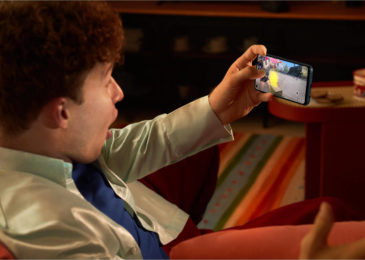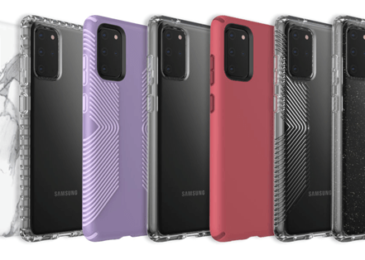No matter how intense the pressure we all feel when it comes to our health care system, the world moves on, as patients still need to be cared for and still need to maintain a healthy life. Technology is here once more, to offer them its support.
Over the past years, there have been major breakthroughs in the field of medical technology, and if we take into account only the developments made in the field of stem cells, 3D printing and nanotechnology, it seems that humanity is on the right track. Also, when counting the number of specialists that choose health IT jobs, a field that has been growing in the last years, you will see that technology promises to be a good support when it comes to patient care, illness prevention and making things a lot easier for doctors and the general public as well.
But technology doesn’t just mean big projects and complicated machines and procedures, as it tries to still keep things simple and accessible. This is why we will focus our attention on health mobile applications and their future role in keeping us away from danger and even saving our lives.
If we have an app for just about everything, we can surely have apps to monitor our health and even to get healthier with their support. The U.S. Food and Drug Administration not only that embraces new technologies when it comes to patient care and aiding the medical professionals to better and faster do their jobs, but also promotes and encourages the development of reliable medical mobile apps that may prove worthy to “improve health care and provide consumers and health care professionals with valuable health information.”
The F.D.A. strongly recommends app developers and IT professionals to present their health apps so they can be reviewed, tested and submitted to F.D.A.’s regulation according to their guidelines. There are some mobile applications that in the eyes of the F.D.A. are worthy to be developed and used by the general public and medical practitioners, together with health IT specialists working side by side with health care professionals.
The use of medical applications which are regulated and received clearance from the authorities is not a new thing, as the F.D.A. first started to regulate and approve medical health apps in 1997. The list is long and can be found on the authority’s website, together with the very recent Mobile Medical Applications Guidance for Industry and Food and Drug Administration Staff (issued on September 25th). The interest in developing new medical apps and regulating the ones that present risk factors is sustained by the recent statistics showing that “500 million smartphone users worldwide will be using a health care application by 2015, and by 2018, 50 percent of the more than 3.4 billion smartphone and tablet users will have downloaded mobile health applications.”
In terms of patient health care, this cannot represent but good news, although a burning question that bothers professionals in many other fields, not just those involved in the health care system, is what the odds are that technology will replace “human” specialists. The answer, just as in the case of the paralegal profession and others is that people may use and app to count their daily calories intake, they can monitor their health status and they can find the nearest health care facility in the area, but mobile phones, no matter how well developed and no matter what medical functions can provide, will never replace the experience, skill and insight of a doctor. On the other hand, these mobile apps and new technologies will support the health it specialists to develop their own careers, offering them new job opportunities. According to the U.S. Bureau of Labor Statistics, “employment of medical records and health information technicians is expected to increase by 21 percent from 2010 to 2020” while “additional records, coupled with widespread use of electronic health records by all types of healthcare providers, should lead to an increased need for technicians to organize and manage the associated information in all areas of the healthcare industry.”





